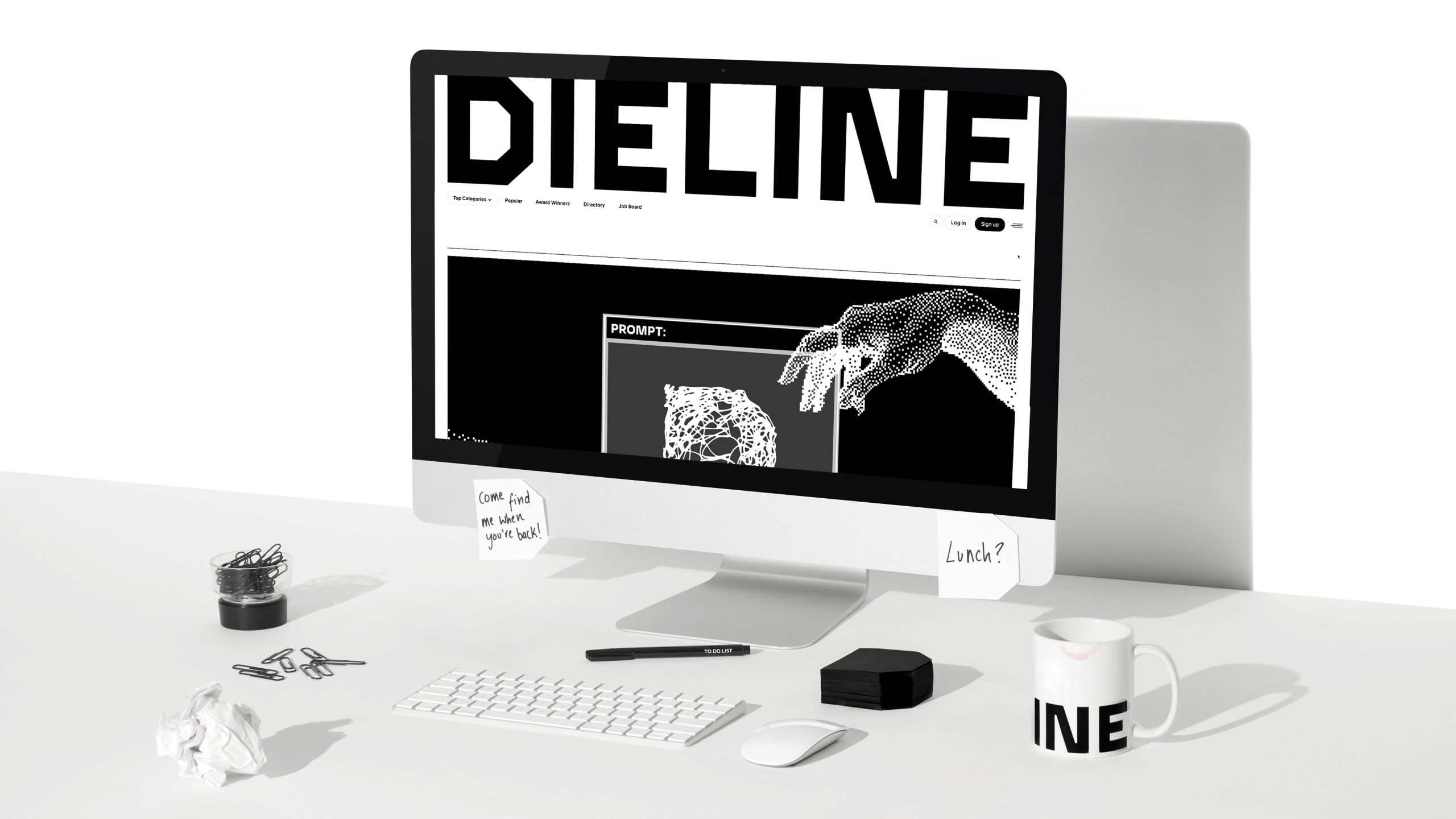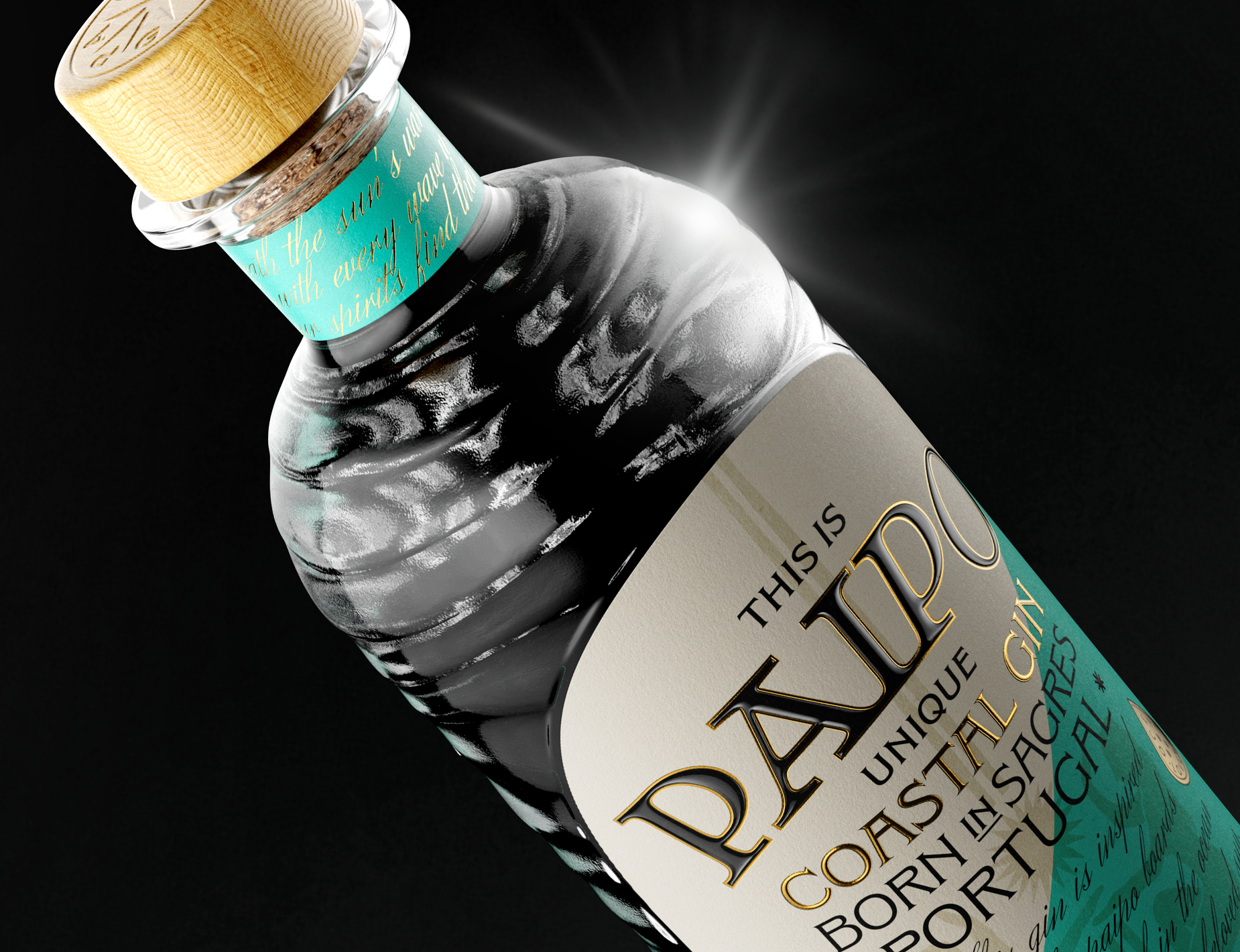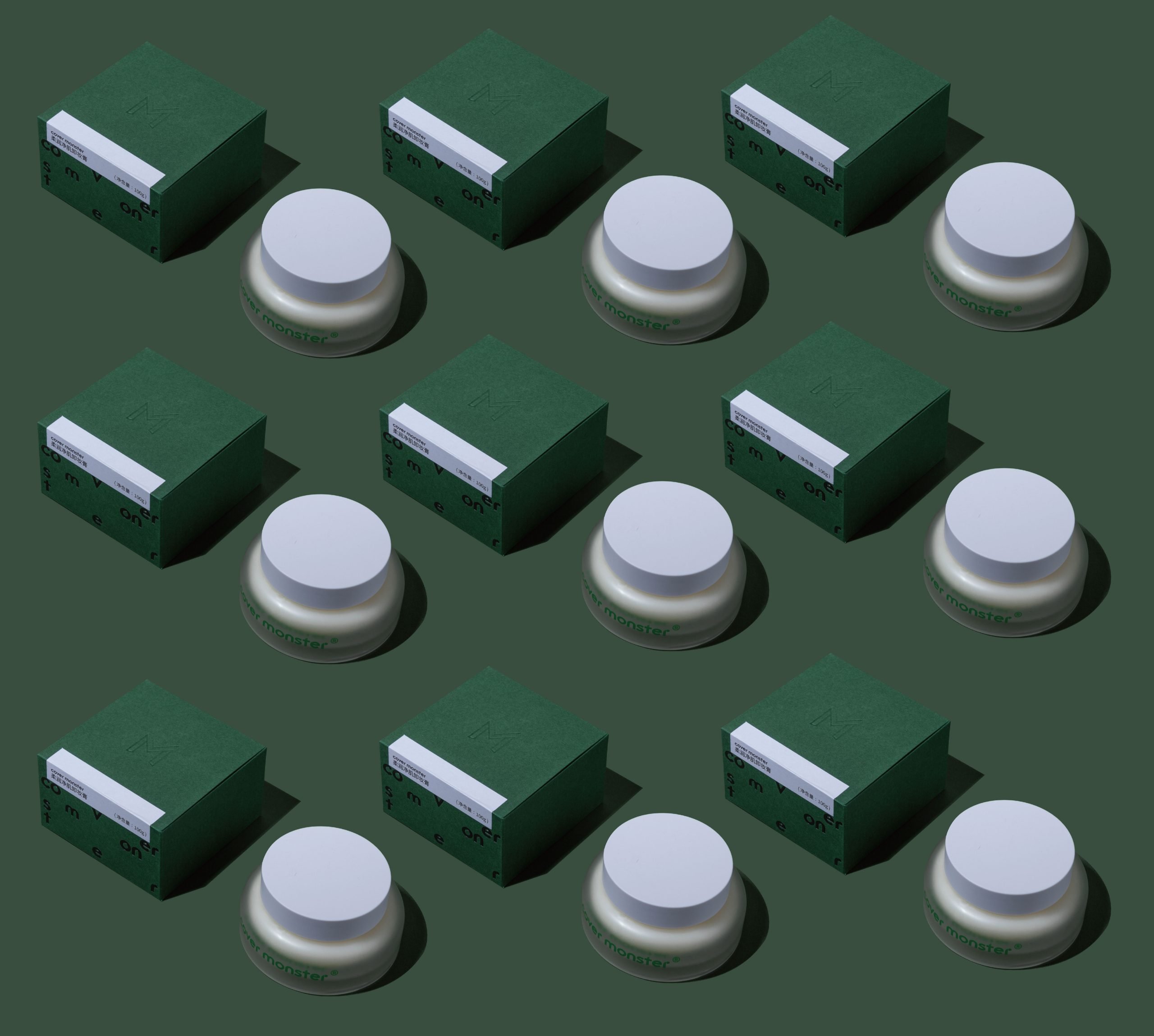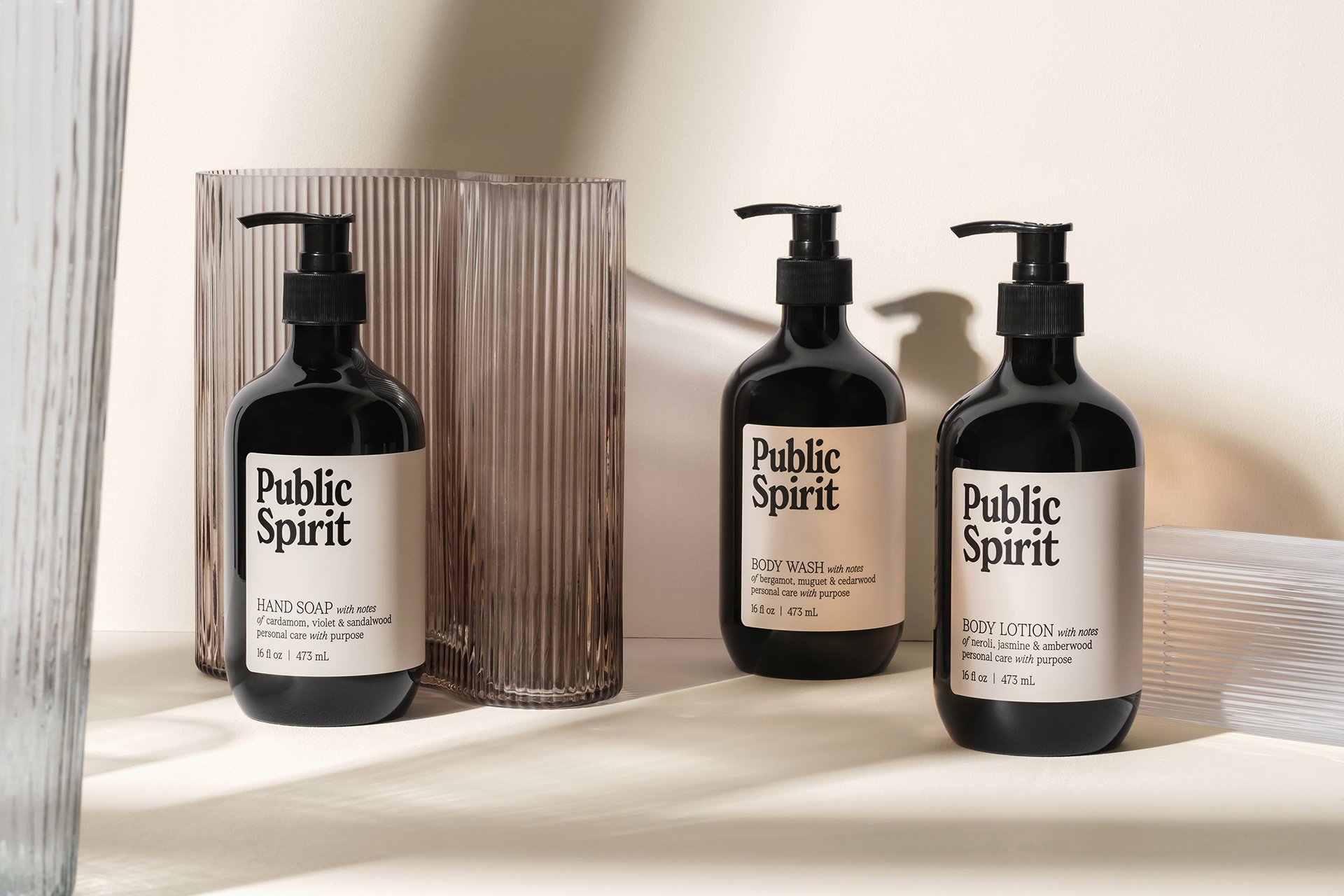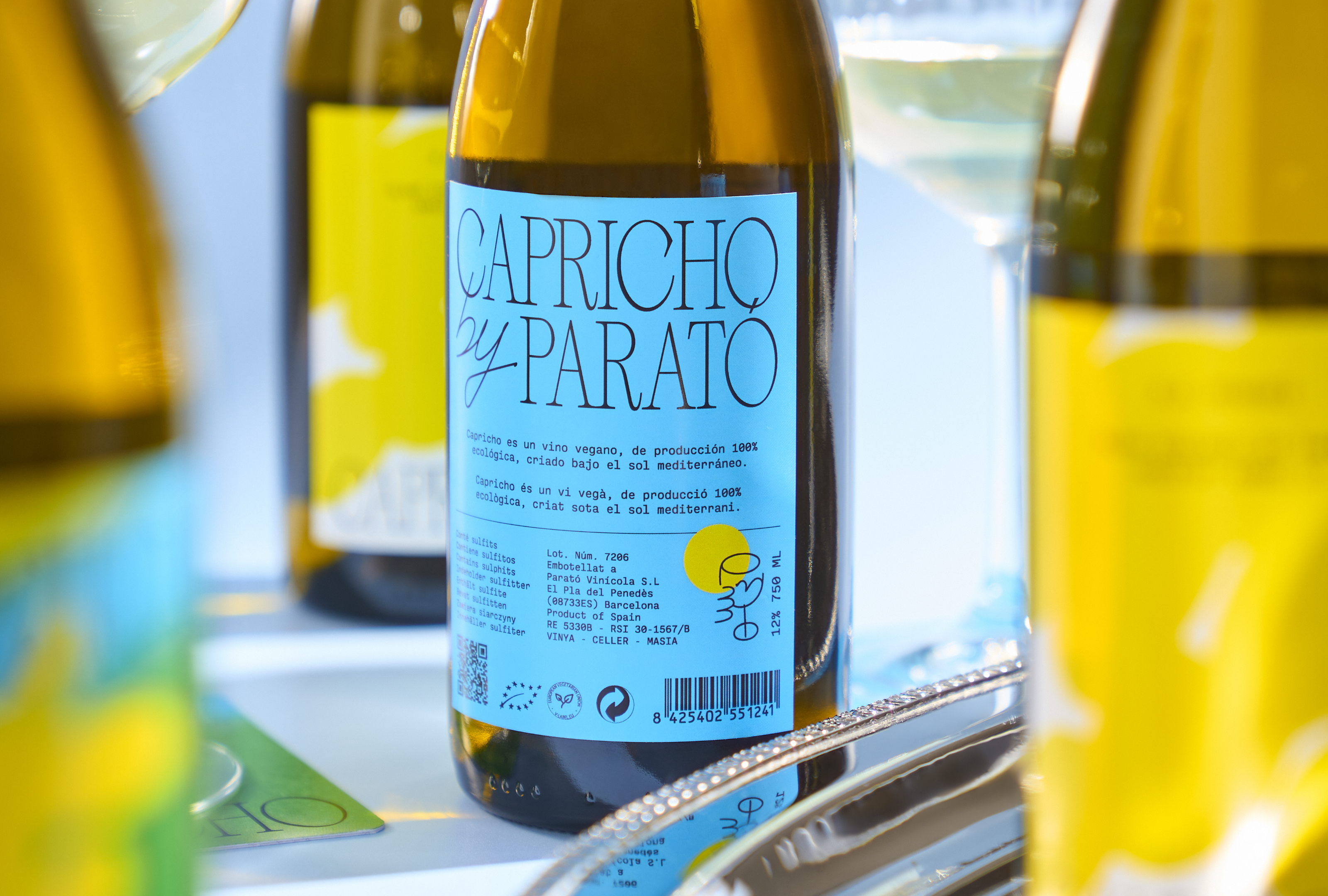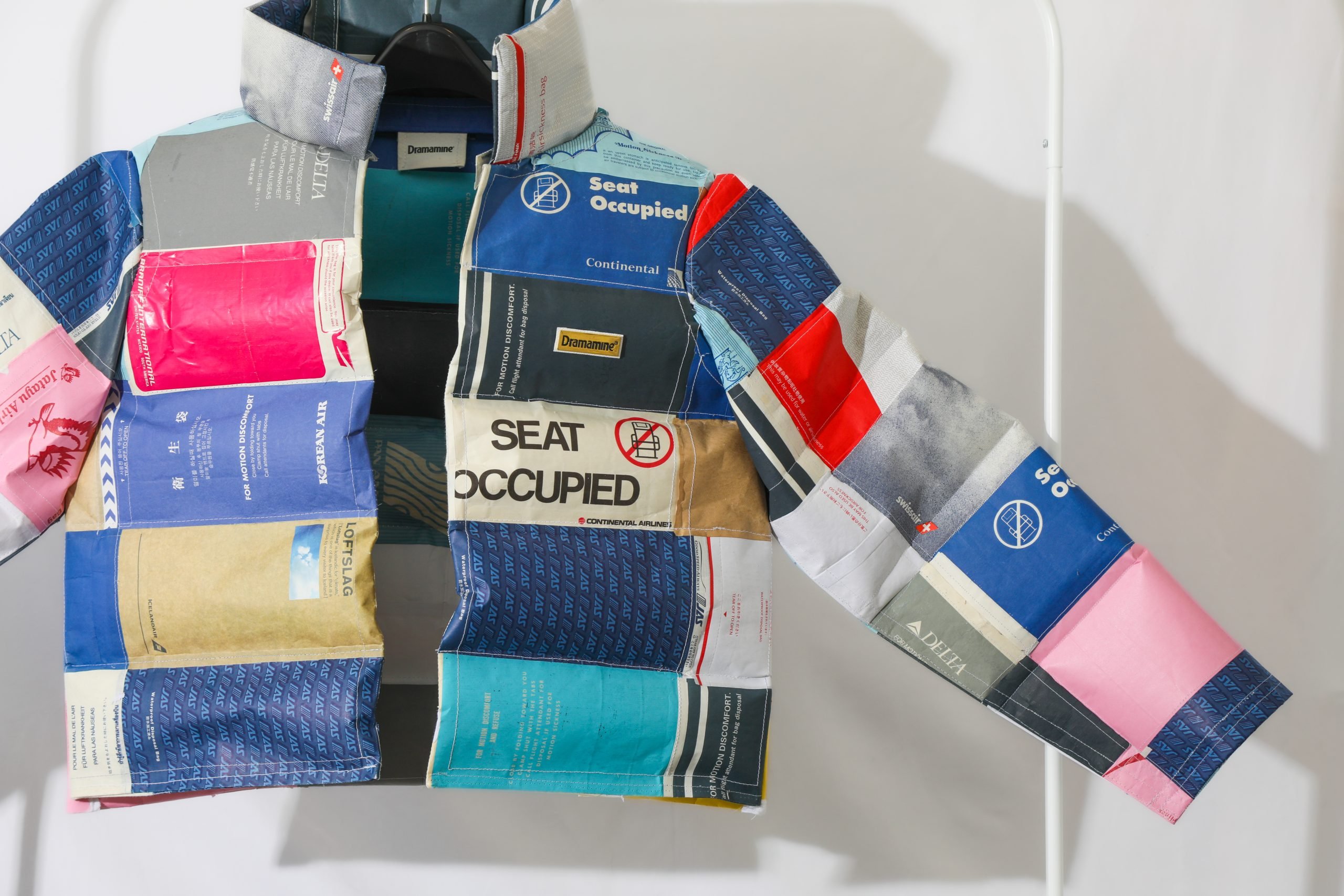What if there were a design school out there created for BIPOC individuals specifically—founded by a person of color, featuring work by people of color, and inviting speakers with diverse backgrounds? How might that change the future of design?
With the newly started Useful School, we’re going to find out.
“I think Useful School has been kind of a long time coming in my career, without me necessarily being conscious about it,” said Ritesh Gupta, founder and CEO of Useful School. Ritesh—a Wieden+Kennedy alum and former director at 2 Shark Tank companies—admitted that he didn’t really like his own school experience. In many ways, Useful School is the education he wished he could have had: something intellectually satisfying, incredibly fun, POC-centered, and with a class offering that felt, well, useful.
“Breaking into the design industry was very hard for me, both culturally because it’s not traditional for somebody with my heritage and my family didn’t really understand design, and because I was never really exposed to it,” Ritesh explained. “When I became a working professional, I realized there weren’t that many people of color that I was working with in design. I also realized from the AIGA survey done a couple of years back that other people had similar experiences. A lot of people of color were unhappy with their current positions; they weren’t getting promoted at the rate that they should be, or they were experiencing discrimination.”
In 2019, Ritesh presented at the Brand New Conference on the state of the industry and shared his vision for improving it, which the audience received warmly. He noticed how many of the people who approached him afterward to thank him were people of color, and that’s when a lightbulb switched on to create an online education platform to center BIPOC individuals.
“Forest Young, who, at the time, was Chief Creative Officer of Wolff Olins, was also one of the keynote speakers at Brand New,” Ritesh explained. “I just met him that weekend, and he said, ‘Ritesh, you better start something like this. I would love to see this happen.’ So all those experiences, plus Forest and a lot of my friends, family, mentors, and also mentees encouraging me to continue pursuing something like this amounted to what Useful School is today.”
Of course, Ritesh experienced firsthand how traditional education programs, specifically design education, don’t effectively serve people of color. The default curriculum centers around the successes of white folks and a history of design as told by white folks. And because of the red tape associated with these schools, changing to achieve an inclusive curriculum is a painfully slow process.
“There’s a lot of baggage that comes with a traditional institution that centers on white folk and non-POC. Even if a black or brown designer who’s a prospective student was to think about going to these institutions, they are aware of the implications of that decision,” Ritesh said. “Also, textbooks and even the online platforms that are given—there aren’t enough of those that center people of color. So even if somebody wanted to do an education that was kind of a build-your-own curriculum, there aren’t a lot of really great resources out there.”
Additionally, many schools are cost-prohibitive, and even loan assistance means someone will have to begin paying that off once they enter the workforce. BIPOC households suffer from a significant wage gap, so one look at the price tag associated with their desired design program can put an end to their dream.
That led to one of the many unique aspects of Useful School: pay-what-you-can tuition. This has appeared in Bandcamp’s Pay What You Want model and the way creators release content through Patreon, but it’s a model that hasn’t been put to use at this scale for education. They suggest a recommended price—about 1% of the applicant’s income—but they don’t enforce a minimum or maximum. In turn, students feel empowered, essentially putting the price tag on their education that won’t result in debilitating debt rather than having the cost dictated by an admissions office.
“There are completely free programs, and they’re great in their own right,” Ritesh said. “But there is a sense of pride for those who do want to pay and can pay, and allowing them to do so means there’s going to be a completely different applicant base than what you traditionally see in a lot of online schools, much less a design school. And when there are individuals who aren’t able to pay, that signals to both companies and individuals who can pay to help sponsor. It’s a win-win for everybody involved.”
Useful School has classes for people who want to be digital product designers or who currently are and want to level up their skills; feedback from applicants and sponsors will help guide what future classes are available. Ritesh anticipates more classes (such as branding), more cohorts with the current classes, and offering classes for those even higher up in the design world—like senior directors to make an impression on those who make decisions and have significant power at specific companies.
When Ritesh talks about Useful School, his dedication and passion for paving the way for the future of design truly shines as he’s invested in seeing his students thrive. For beginners, he hopes they enter the creative industry, whether it’s in product design, UX research, UI design, or other disciplines. He wants to help more advanced designers to get promoted, find a company to work for if their current one is not the right fit, or even open their own design studios or freelance practice.
“I’d like to see them be their true selves and get their own clients and feel empowered so that after a client reaches out to them, they know exactly how to get them on the phone and how to respond to them to have them fall in love with them,” he said.
Of course, founding a school is an educational experience in and of itself. Throughout this process, Ritesh has learned the power of asking for help—whether it’s friends, former colleagues, or connections on social media. “I’ll just be very open and honest and say, ‘Hey, I need help doing these things. Are you able to do that?’ I’ve never really felt that way.”
“We need to make sure as Useful School to be asking for help ourselves, like walking the walk, and also encouraging students to ask for help when needed.”
In a chat with one of his clients and mentors, someone told Ritesh that people of color—especially those in the creative field—don’t feel empowered to ask for help. Ritesh himself has become more comfortable reaching out to sponsors (like Spotify, Cash App, Chobani, Mother Design, Gander, Order, and Occupant Fonts) to help keep Useful School sustainable, to any individual who has the means to contribute funds or to simply share posts about the school on LinkedIn and Instagram.
“I’ve learned that, through asking for help, I’ve been able to make new connections that have lasted a really long time,” Ritesh added, “and that people are open to helping, especially if you ask.”
Interested applicants for future classes can apply here, and interested sponsors and partners can contact Ritesh at [email protected].
